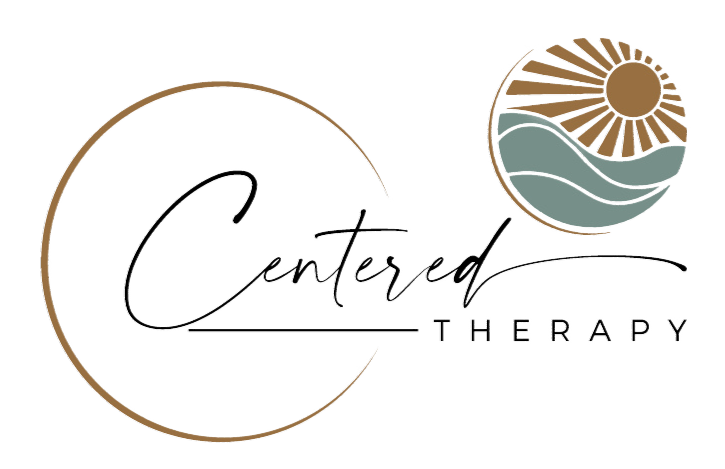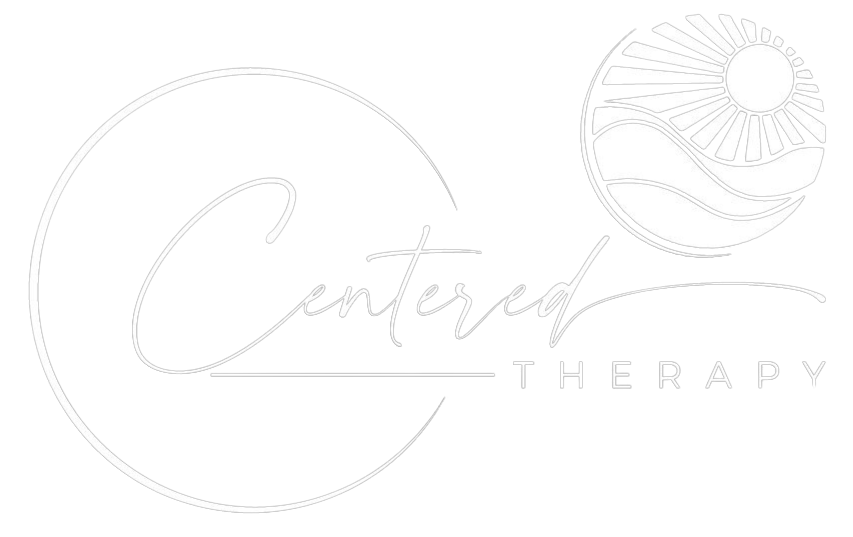Postpartum Depression (PPD) Treatments
Postpartum depression (PPD) is a depressive condition that begins in the postnatal period, several weeks or months after giving birth. Unlike the “baby blues,” which affect 80% of all parents and usually go away on their own after a short period of up to 6 months, PPD is more severe and persistent. PPD treatments typically involve medication and therapy, but in extreme cases (or if postpartum psychosis is diagnosed), individuals may require hospitalization.
Accessing PPD treatment is essential, as postpartum depression help will support people in their recovery. When left untreated, PPD can be dangerous and negatively impact both mother and baby.
Postpartum Depression Diagnosis
Diagnosing Postpartum Depression requires an assessment from a healthcare provider. It is important to be truthful and forthright during these conversations to differentiate between baby blues vs. postpartum depression, helping you access the treatment you need. During your evaluation, the healthcare provider will ask you about your symptoms and levels of severity. They will inquire about various aspects, including your mood, appetite, sleep patterns, energy levels, and thoughts of self-harm or harm to the baby. They will typically use standardized questionnaires or screening tools to help evaluate your symptoms and determine the presence of PPD.
While your doctor may complete additional tests to rule out other conditions, there is no physical test used to diagnose PDD. Blood work reviews may highlight other issues contributing to the symptoms, such as low iron levels or vitamin deficiencies. Persisting feelings of depression, hopelessness, anger, and anxiety are the main diagnostic symptoms.
Postpartum Psychosis (PPP)
Postpartum Psychosis (PPP) is characterized by a severe disturbance in mood and thought processes. The symptoms of postpartum psychosis can include hallucinations, delusions, confusion and disorientation, rapid mood swings, agitation or restlessness, paranoid thoughts or beliefs, thoughts of harming oneself or the baby. If you are experiencing PPP, call 911 or go to your nearest Emergency Room immediately.
In contrast, Postpartum Depression involves symptoms of persistent sadness, anxiety, low mood, loss of interest, changes in appetite and sleep patterns, and feelings of guilt or worthlessness. While Postpartum Depression can be severe, it does not typically involve the same level of psychosis seen in Postpartum Psychosis.
Hospitalization
If the person experiencing PPP is considered to be a threat to themselves or those around them, involuntary hospitalization may be essential. If the symptoms are considered severe, or the person is in denial of their condition, hospitalization may be the only option. As the nature of PPP involves delusions, paranoia, and a distorted sense of reality, people may resist treatment and be suspicious of those trying to help. Hospitalization ensures they are safe while they are treated.
Electroconvulsive Therapy (ECT)
ECT is a safe procedure used to treat conditions that involve psychosis. It involves a mild electrical current passed through the brain, inducing a mild seizure that changes brain activity. ECT happens under general anesthesia and has been shown to reduce or resolve the effects of PPP.
Postpartum Depression Treatment Options for New Mothers
New mothers experiencing postpartum depression can seek several treatment options that are available. Maintaining healthy lifestyle habits will be recommended, including avoiding alcohol intake and getting more rest. PPD medications such as antidepressants and mood stabilizers may be offered if required. In addition, these therapy PPD treatment options may be considered:
- Cognitive Behavioral Therapy
- Interpersonal Therapy
- Psychodynamic Therapy
- Group Therapy
- Couples Therapy
- Antidepressants
- Mood Stabilizers
Postpartum Depression and Treatment in Men (New Fathers)
When new fathers experience postpartum depression, it is known as paternal postpartum depression (PPPD). It is a common misconception that only new mothers can suffer from PPD, but PPD affects around 8%-10% of fathers. The treatment options for PPD are the same therapy and medication offered for major depressive disorder.
Who Can Treat Postpartum Depression?
Postpartum depression (PPD) can be effectively treated by various healthcare professionals who specialize in mental health. Also, due to the relationship between childbirth and the disorder, OB-GYN practitioners and pediatric doctors are often the first points of call for new parents experiencing PPD.
Types of Therapy for Postpartum Depression
Counseling and therapy are effective Postpartum Depression treatment options, helping people find alternative ways of coping with their symptoms. Therapy encourages people suffering from PPD to set realistic goals, respond to situations in positive ways, and manage challenging feelings. Common types of therapy used to treat PPD are:
Cognitive Behavioral Therapy
CBT empowers people to control their thoughts and feelings, helping new mothers change harmful thought patterns. By evaluating their automatic thoughts and becoming aware of the negative impact these underlying beliefs may hold, new moms can become more equipped to handle stressful situations.
Interpersonal Therapy
Interpersonal therapy is widely considered one of the most effective postpartum depression treatments, focusing on relieving the symptoms. By encouraging new mothers to acknowledge the loss they experience by becoming a mother and transition safely into their new roles, symptoms of PPD may lessen. This type of therapy prioritizes healthy communication and the strengthening of personal relationships.
Psychodynamic Therapy
This type of therapy puts emphasis on childhood experiences and the impact these have on everyday life. Psychodynamic therapy may help new mothers free themselves from traumatic events in the past. This therapy recognizes that childhood experiences inform our internal dialogue.
Group Therapy
By building a community of support, group therapy encourages mothers going through similar experiences to share their feelings with each other. Many new mothers feel isolated and lonely while navigating the early days of motherhood—group therapy may help people build bonds and support each other.
Couples Therapy
PPD may put a strain on relationships, and couples therapy is a useful way to allow each person to be heard. This type of therapy focuses on negative patterns in the relationship while equipping both parties with the language and communication skills needed to express themselves in a healthy way.
Centered Therapy Counseling is your online resource for finding the right mental health professionals to deal with PPD, and other related women mental health issues. Find a mental health care clinic near you or search our directory of psychiatrists, therapists and psychologists by applying the “Postpartum Depression/Anxiety” filter in the drop-down “Treatment Areas” box.
Postpartum Depression Medication Options
Postpartum Depression medication may be prescribed to ease the symptoms and support people as they recover. Common postpartum depression medication options include:
Antidepressants
Antidepressants, including selective serotonin reuptake inhibitors (SSRIs), can help reduce the depressive symptoms present in a person with PPD. They can improve and stabilize the person’s mood, supporting them through postpartum depression. SSRIs are generally considered safe to take while breastfeeding.
Examples of SSRIs include sertraline (Zoloft), fluoxetine (Prozac), and escitalopram (Lexapro). These medications work by increasing the availability of serotonin in the brain, which helps improve mood and reduce depressive symptoms. Other classes of antidepressants, such as serotonin-norepinephrine reuptake inhibitors (SNRIs) or tricyclic antidepressants (TCAs), may also be considered.
Intravenous Medication
Zulresso contains the drug brexanolone and has been shown to significantly reduce the symptoms of PPD. This medication is administered over a 60-hour period (2.5 days) through an IV drip, meaning the mother must be in the hospital to receive the treatment. Doctors can observe a person’s improvement during this time.
Mood Stabilizers
If you have a history of mood disorders and think PPD may trigger an episode, mood stabilizers such as lithium or lamotrigine, can support you during this stressful period. such as lithium or lamotrigine, may be prescribed.
What Are Postpartum Depression Treatment Centers?
Postpartum depression treatment centers that offer Inpatient Perinatal Psychiatry Programs are a safe place for new mothers to recover under observation. Extra care for their child is usually available, enabling the patient to focus on their own recovery for a short period.
For most patients, outpatient treatment care can be found at mental health care clinics like Centered Therapy Counseling . Centered Therapy Counseling Health mental health clinics offer all the types of psychotherapy that treat Postpartum Depression in new parents along with medication management treatment. We offer in-person and telehealth options. Find a clinic near you or browse our directory of providers.


